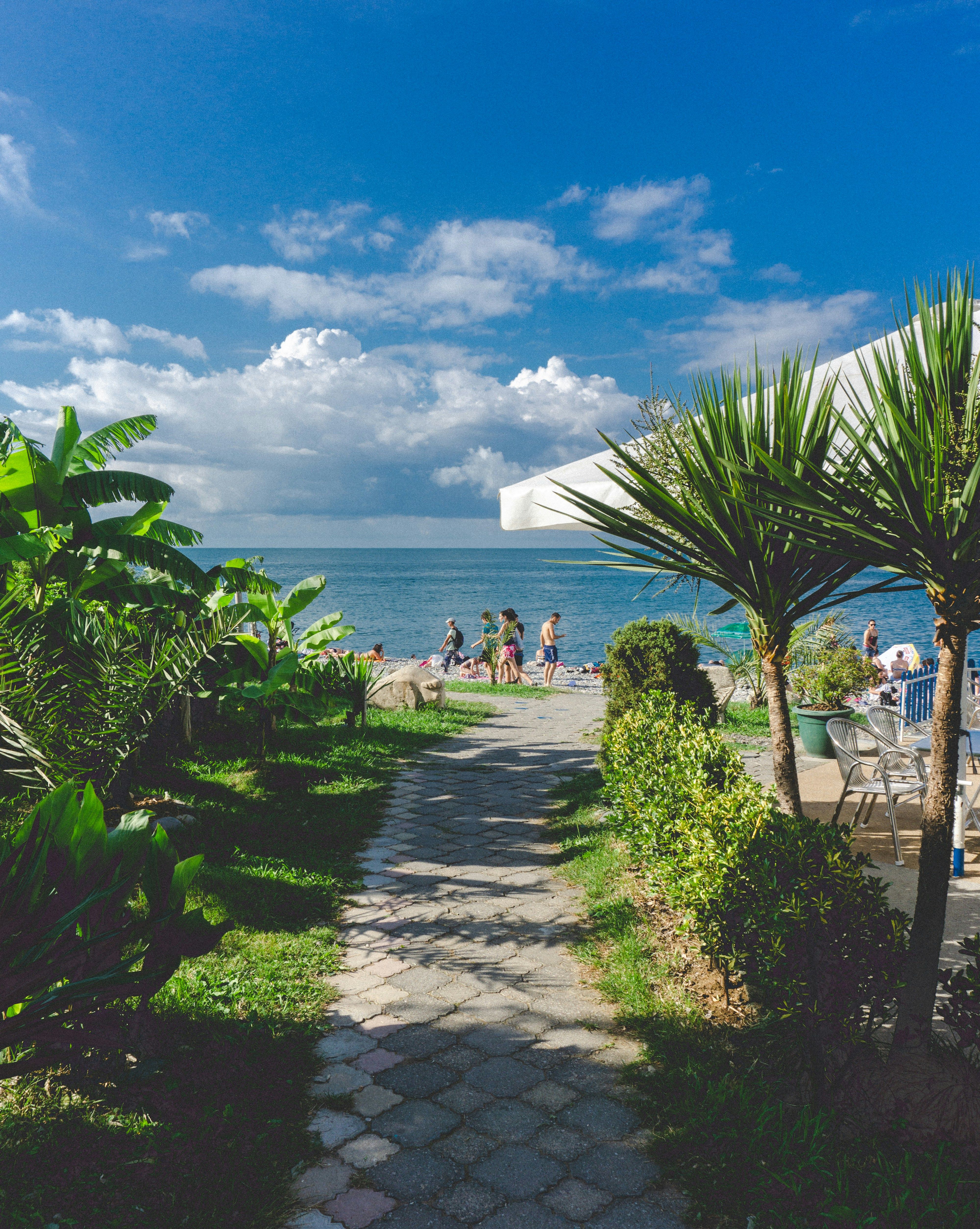Macau's CEO Highlights Imminent Challenges, Remains Optimistic About Future Prospects
May 30, 2025 - Macau's Gaming Revenue Hampered by Economic Factors and Shifting Consumer Trends
Las Vegas Sands (NYSE: LVS) CEO Robert Goldstein attributed the slow growth in Macau's gross gaming revenue (GGR) to a range of macroeconomic factors, including changes in consumer spending habits and ongoing US-China trade tensions. Speaking at Bernstein's Strategic Decisions Conference, Goldstein noted that post-pandemic GGR in the Chinese territory has stagnated at around $28 billion annually despite a rebound in visitors to pre-pandemic levels.
Goldstein attributed the plateau in GGR to altered consumer spending patterns, citing global economic issues and tariffs as contributing factors. He also pointed to the proliferation of online wagering in Asia, much of it illicit, and the pruning of Macau's junket industry as potential contributors to the sluggish growth in GGR.
US-China trade tensions have indirectly impacted Macau's gaming industry, according to analysts. Although Macau itself does not engage in significant direct trade with the US, its economy is heavily dependent on gaming, which accounts for about 80% of its economic activity. The trade conflict has contributed to a slowdown in the global and Chinese economies, reducing discretionary income and travel budgets for potential gamblers, which has in turn affected the number of visitors and per capita spending in Macau's casinos.
Goldstein remains bullish on Macau's long-term prospects, predicting that the Asian casino hub will return to annual GGR of $32 billion to $34 billion in the future and potentially surpass $35 billion. Sands, the largest Macau operator, has invested significantly in the territory, with five integrated resorts aimed at boosting earnings before interest, taxes, depreciation, and amortization (EBITDA). These investments could yield dividends over the long-term, particularly if US-China tensions ease.
In 2019, Macau GGR reached $36.5 billion, but those levels have not been surpassed since the onset of the pandemic. Chinese authorities have clamped down on the perks offered to junket customers, such as first-class airfare and stays at luxury casino hotels, as part of a crackdown on money laundering controversies. This, along with the decline of the junket segment and increasing competition, has contributed to challenges for Macau's gaming industry.
In November 2021, the CEO of Suncity Group, a major player in Macau's junket industry, was arrested and later sentenced to 18 years in prison after being found guilty of fraud, illegal gambling, and criminal association. This marked a de facto end to the old iteration of Macau's junket industry. The Macau Gaming Inspection and Coordination Bureau (DICJ) has capped the number of junket licenses at 50, significantly lower than the 235 seen in 2013.
Overall, Macau’s GGR in early 2025 has experienced volatility and a muted recovery, influenced by a confluence of factors including US-China trade tensions and changing market dynamics tied to online and offline gambling behaviors. While the impact of online gambling on GGR is less clear, reports suggest that "gaming fatigue" and broader economic headwinds are shaping Macau's casino performance. US-China trade tensions are negatively impacting Macau’s GGR by reducing overall global and Chinese economic activity, which in turn lowers tourist numbers and spending in the city. Analysts highlight that the trade war is "dragging down the whole global economy that supplies the gamblers who come to the city," ultimately dampening the sector's growth prospects.
The financial health of the Asia Pacific gaming industry, including Macau, is being affected by US-China trade tensions, as they indirectly impact the global and Chinese economies, reducing discretionary income and travel budgets of potential gamblers. The financial performance of Macau's gaming sector is also being challenged by the decline of the junket segment, increasing competition, and the impact of online gambling, which includes illicit activities, on the traditional gaming industry.




